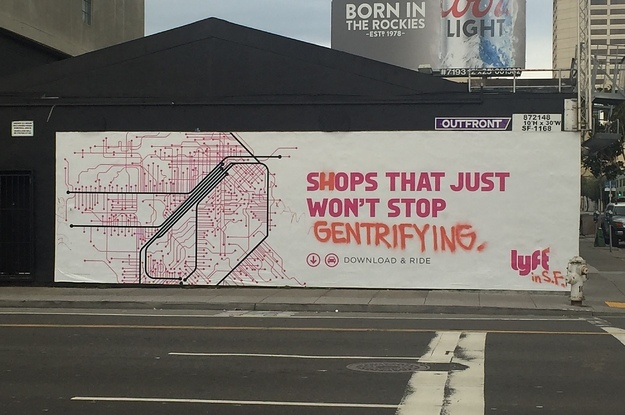
At the Boston Review, Clara Hendrickson details how companies like Uber, Airbnb, and Task Rabbit, along with their political backers, have framed the gig economy as a new form of social welfare. This PR strategy is especially prominent in the US, where the rise of the gig economy has coincided with the withering of the social safety net. But as Hendrickson points out, the gig economy doesn’t alleviate precarity, but rather monetizes it. Here’s an excerpt:
The first gig economy delusion we need to clarify is that these platforms offer temporary work to help bridge gaps in employment. In reality, many gig economy platforms tend to encourage full-time work, not the empowering, flexible part time arrangement they so often claim. While sharing economy platforms promise freelancers they can earn income on their own terms, evidence shows that to enjoy this promised economic security, freelancers often have to labor under conditions that mirror those of full-time employment. For instance, an analysis of Uber earnings data suggests that average hourly earnings only become reliable for those who work over thirty hours a week while the earnings are typically erratic for those who drive part time. Not to mention Uber, Lyft, and Postmates incorporate psychological tricks into their apps, like those used by video game designers, to keep their drivers on the road longer.
Freelancing in the gig economy is thus not just a safety net for those in between jobs or those looking to “get back on their feet.” In reality, it is often a full-time job. Yet because these companies assert they’ve created a safety net rather than a labor market, they’ve successfully justified abnegating their responsibility as employers. Given their status as independent contractors, gig economy workers are denied the benefits, such as health care and paid time off, usually enjoyed by workers in traditional arrangements.
Image via BuzzFeed.